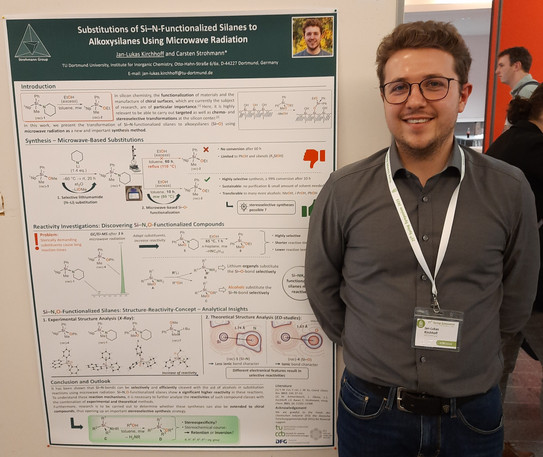
In June, Clarivate, the recognized authority behind Web of Science, announced the 2025 revision of the Journal Citation Reports. This issuance provides an in-depth overview of the top and most dependable academic journals worldwide, ensuring only those that fulfill Clarivate’s rigorous quality standards are featured. Significantly, for the first time, the Journal Impact Factor (JIF) assessments excluded citations to and from retracted material, illustrating a dedication to reliability.
While the Journal Impact Factor is a prominent measure of scholarly influence, it is recognized as contentious and imperfect. Consequently, Clarivate recommends not to rely solely on it, instead favoring supplementary metrics such as the Journal Citation Indicator (JCI) and the JIF percentile to offer a more comprehensive understanding of a journal’s significance.
Launched in 2021, the Journal Citation Indicator adjusts citation metrics across various research disciplines, providing a standardized and comparative metric for journals across fields. The JIF percentile reshapes JIF rankings within categories into a percentile format, demonstrating a journal’s impact in relation to its contemporaries.
Presented below are the leading five journals by JIF in ten chemistry disciplines:
1. **Applied Chemistry**
– *Chinese Journal of Catalysis*, Elsevier: JIF 17.7, JCI 2.39, JIF percentile 99.3
– *Journal of Energy Chemistry*, Elsevier: JIF 14.9, JCI 1.99, JIF percentile 98.0
– *Annual Review of Chemical and Biochemical and Biomolecular Engineering*, Annual Reviews: JIF 12.8, JCI 0.81, JIF percentile 96.7
– *Carbohydrate Polymers*, Elsevier: JIF 12.5, JCI 2.41, JIF percentile 95.3
– *Food Hydrocolloids*, Elsevier: JIF 12.4, JCI 2.19, JIF percentile 94.0
2. **Analytical Chemistry**
– *Trends in Environmental Analytical Chemistry*, Elsevier: JIF 13.4, JCI 2.49, JIF percentile 99.5
– *Trac-Trends in Analytical Chemistry*, Elsevier: JIF 12.0, JCI 1.30, JIF percentile 98.6
– *Biosensors & Bioelectronics*, Elsevier: JIF 10.5, JCI 2.26, JIF percentile 97.7
– *ACS Sensors*, American Chemical Society: JIF 9.1, JCI 1.50, JIF percentile 96.8
– *ACS Measurement Science AU*, American Chemical Society: JIF 9.0, JCI 1.33, JIF percentile 95.9
3. **Organic Chemistry**
– *Carbohydrate Polymers*, Elsevier: JIF 12.5, JCI 2.41, JIF percentile 99.1
– *Natural Product Reports*, Royal Society of Chemistry: JIF 10.6, JCI 1.39, JIF percentile 97.4
– *Biomacromolecules*, American Chemical Society: JIF 5.4, JCI 1.30, JIF percentile 95.6
– *Organic Letters*, American Chemical Society: JIF 5.0, JCI 1.50, JIF percentile 93.9
– *Organic Chemistry Frontiers*, Royal Society of Chemistry: JIF 4.7, JCI 1.26, JIF percentile 92.1
4. **Inorganic and Nuclear Chemistry**
– *Coordination Chemistry Reviews*, Elsevier: JIF 23.5, JCI 1.54, JIF percentile 98.8
– *Progress in Solid State Chemistry*, Pergamon-Elsevier Science: JIF 10.5, JCI 0.74, JIF percentile 96.4
– *Chinese Journal of Structural Chemistry*, Elsevier: JIF 10.3, JCI 1.97, JIF percentile 94.0
– *Inorganic Chemistry Frontiers*, Royal Society of Chemistry: JIF 6.4, JCI 1.88, JIF percentile 91.7
– *Inorganic Chemistry Communications*, Elsevier: JIF 5.4, JCI 1.41, JIF percentile 89.3
5. **Physical Chemistry**
– *Nature Catalysis*, Springer Nature: JIF 44.6, JCI 5.63, JIF percentile 99.7
– *Nature Materials*, Springer Nature: JIF 38.5, JCI